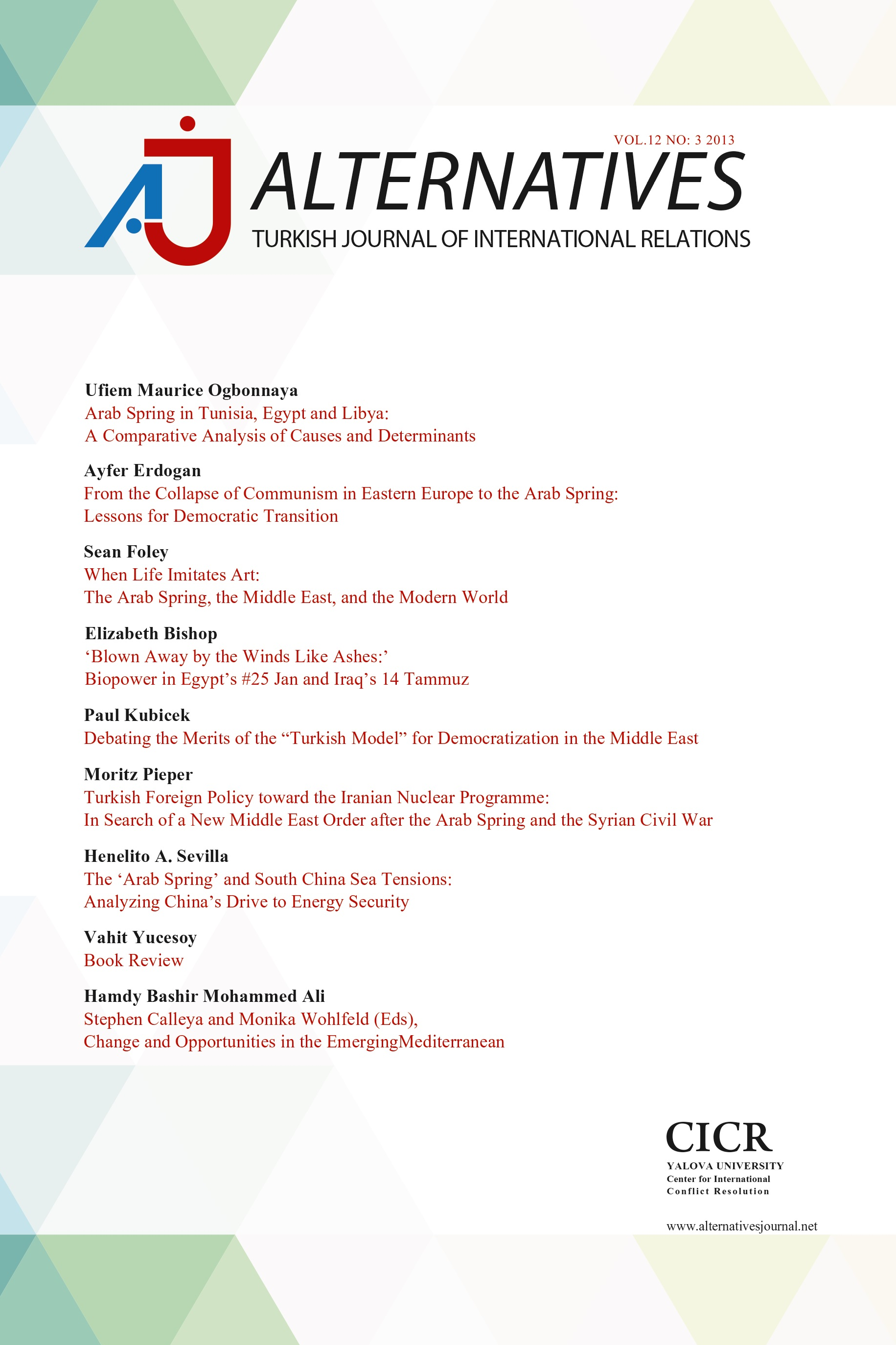Poststructuralism and the Analysis of International Relations
Postmodernism and poststructuralism move from the phrase that history is narrative and narratives are texts or meaning is encoded in language. If life is a narration, it must have a language. If it has a language, then it can be deconstructed. These are the alternative explanations of the history. Language, as a means of communication, is a tool that social relations emerge and human interactions are supplied. As it plays a role of 'bridge' between thought and action, it reflects the world of conception and perception of humanbeing. Poststructuralist theory applies on some methods to understand and explain international relations. Deconstruction is the literary theory of poststructuralism, and the method of double reading presents a two-dimensional reading possibility to those concerned with it. As it offers a commentary on the dominant interpretation in the first reading, it pressures on the instable points in a text in the second reading. Poststructuralism sets linkages and relationships with some other disciplines, and thanks to these linkages and relations, it develops new aspects and horizons on the understanding and explaining of international relations.
- ISSN: 2146-0809
- Yayın Aralığı: Aylık
- Yayıncı: Yalova Üniversitesi
